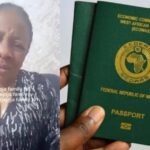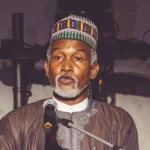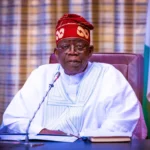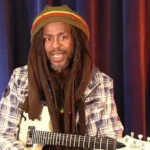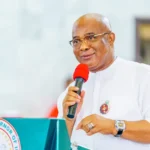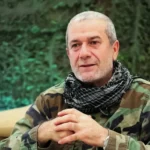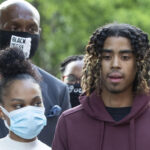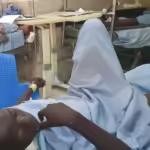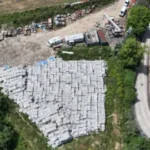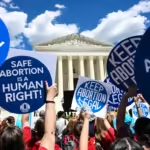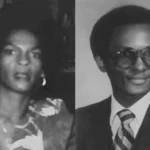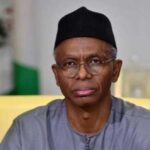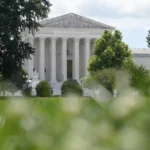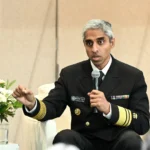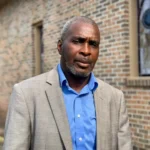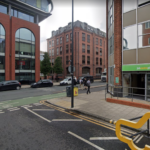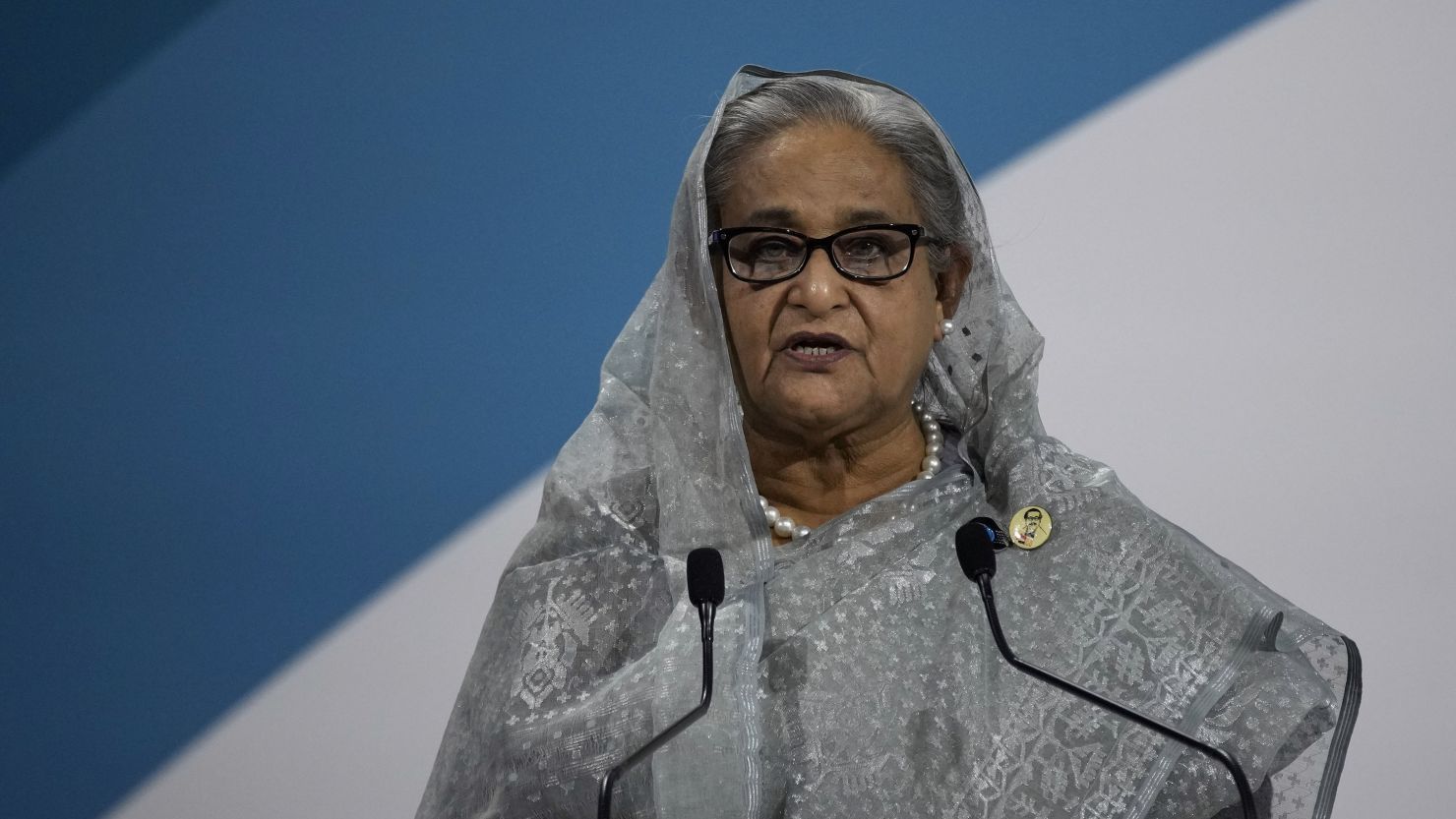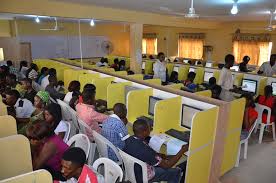Bangladesh Prime Minister Sheikh Hasina resigned and left the country on Monday, the army chief said, a day after nearly 100 people were killed in clashes with the police as student-led protesters demanded she step down.
In an address to the nation, army chief Gen. Waker-Uz-Zaman said an interim government would be formed and that every death would be investigated.
He implored the public to cooperate and ensure peace.
“We will not achieve anything else through fighting and violence,” he said. “I urge you all to stop all conflicts and destruction.”
The ouster of Hasina, 76, Bangladesh’s longest-serving leader, is a seismic change for the majority-Muslim South Asian nation of 170 million people, where at least 300 people have been killed in recent weeks amid a mass movement against what critics said was her increasingly autocratic rule.
Video showed protesters carrying clothes and furniture out of the prime minister’s residence in Dhaka, the capital, which had been left unguarded.
Hasina’s resignation was met with jubilance by people gathered on the streets, some of whom gave flowers to soldiers after they opened the roads.
“I can’t express how it feels in words. This is perhaps the best day of my life,” said Saqlain Rafi, a high school student who was out with his father in the Bangla Motor area of Dhaka, where the procession of people reached as far as the eye could see.
“I could not fight on the street for the fall of this tyrant,” he added. “All hail the 300 martyrs who died for our future.”
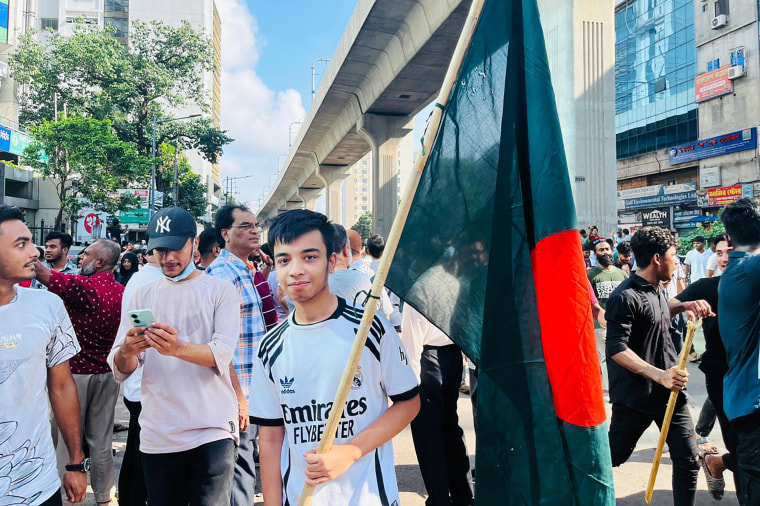
On Sunday, at least 95 people, including 14 police officers, were killed in Dhaka amid protests demanding that Hasina step down, according to the country’s leading Bengali-language daily newspaper, Prothom Alo. It was the deadliest day since protests began in June over a controversial preferential quota system for public sector jobs.
While the protests began peacefully, they evolved into fury against Hasina as the government responded with what critics said was excessive force, which officials denied. More than 200 people had died and thousands of others were injured before the violence on Sunday, when police fired tear gas and rubber bullets as protesters set cars and buildings ablaze and clashed with groups they said were associated with the government.
“The shocking violence in Bangladesh must stop,” Volker Türk, the U.N. High Commissioner for Human Rights, said in a statement Sunday.
Defying an indefinite nationwide curfew imposed Sunday evening, protesters called for a march toward the capital Monday that drew people from around the country despite what internet monitoring group Netblocks called “a near-total national internet shutdown.” Internet services were restored later in the day.
“When you’re on the streets and you look around and see thousands of people of your age, your father’s age, your sister’s age, you feel invincible,” Monorom Polok, 25, said in a telephone interview from Dhaka as he prepared to join the march on Monday.
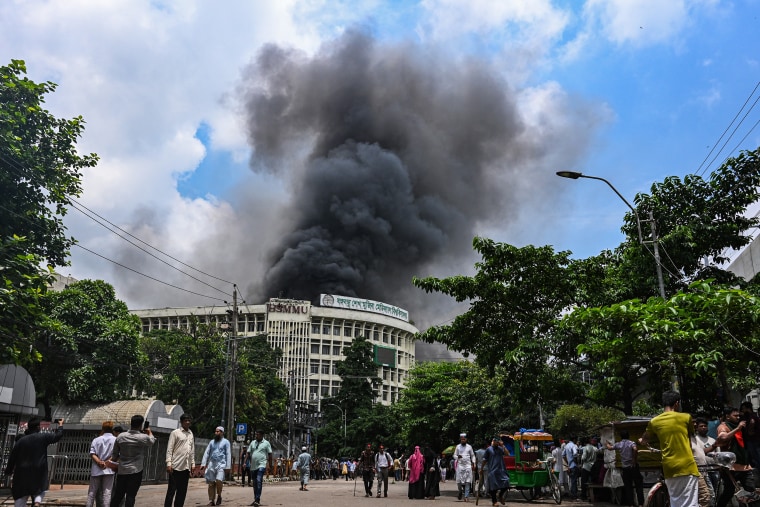
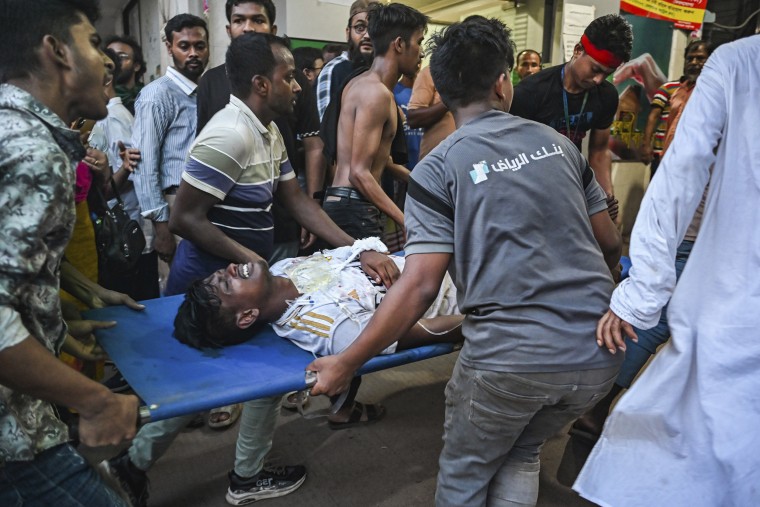
For Hasina, who is the daughter of Bangladesh’s first president and first served as prime minister from 1996 to 2001, the recent protests were the biggest challenge to her rule since she returned to power in 2009.
Once hailed for fighting for Bangladesh’s democracy, Hasina has more recently been accused of vote-rigging, arresting opposition politicians, stifling press freedom and the forced disappearance of hundreds of dissidents, straining relations with the United States and other Western nations.
In January, she won a fourth straight term in an election that was boycotted by her main opponents and that the U.S. said was not free or fair.
Zaman said Monday that there had been a good discussion at a meeting with all political parties except for Hasina’s Awami League, which was not represented.
Amid the celebrations on Monday, some said Hasina had escaped justice over the hundreds of lives lost during the protests.
“Why did they let her flee?” said Hakima Sultana, 24, a day laborer. “She killed our brothers, beat our sisters. She should have hanged to death.”
The allocation of government jobs is a sensitive issue in Bangladesh, where authorities have struggled to tame inflation amid high poverty and a youth unemployment rate of almost one-third, according to the World Bank. Young people consider government jobs a guaranteed path to a comfortable future — a path that could be blocked by the quota system Hasina sought to reintroduce.
The previous system, which reserved 30 percent of the jobs for families of those who fought in Bangladesh’s 1971 independence war against Pakistan, was in place until 2018 and scrapped after violent demonstrations. A Bangladeshi court revived the quotas in June, setting off the latest protests.
Following the violence last month, the country’s Supreme Court cut the quota down to 5 percent, which calmed the streets for a few days. But protesters gathered again last week, demanding justice for those who had been killed earlier.
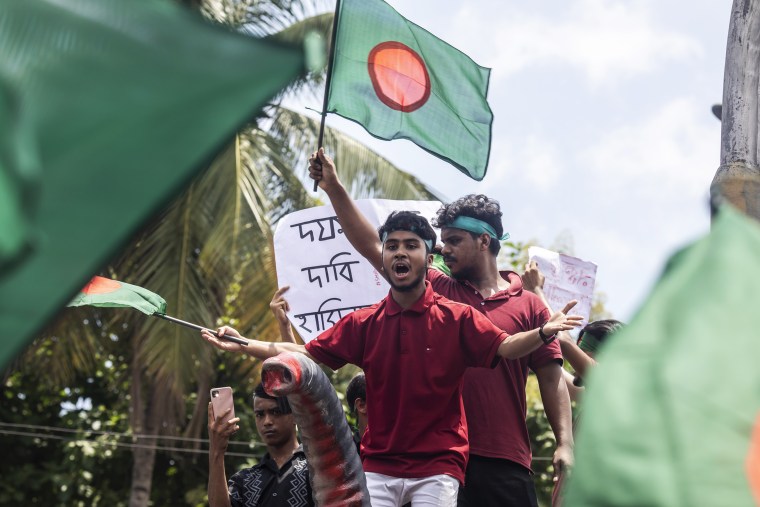
Polok was in his first year of university when he took to the streets in 2018. Now, a year after graduating, he said he was protesting the same system.
“The protesters today are the same graduates and college students that protested in their school uniform when they were in high school in 2018,” he said.
Hasina’s resignation Monday was a triumphant moment for student protesters such as Sakibur Rahman, who said “we made this happen.”
“Now we will reform the nation,” he said. “No leader will be tolerated again to become a dictator. This is our Bangladesh.”







